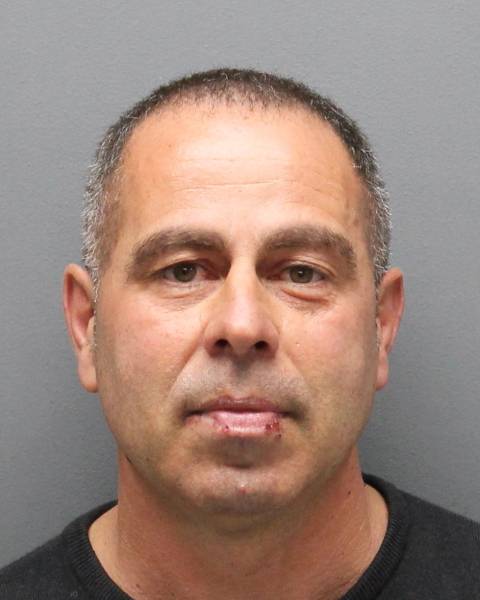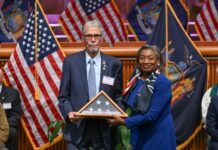
The City of Yonkers’ top fire and building code scofflaw and landlord, Aurelio Assuncao, recently pled guilty in Yonkers City Court to 10 separate violations of New York State fire and building codes issued between 2010 and 2018 by both by the Yonkers Fire Department and the Department of Housing and Buildings.
In 2019, the Yonkers Police Department arrested Assuncao after he avoided bench warrants resulting from dozens of fire and housing code summonses.
This week, Assuncao pled guilty to illegal change of use, or illegal apartments, at several properties he formerly owned as landlord, including 6, 8 and 9 Riverview Place. He agreed to a $5,000 fine per violation for a total settlement fine amount of $50,000. The remaining 38 dockets were marked “satisfied” as part of the plea.
“Let this be a sounding alarm to landlords in Yonkers; we will not stand for individuals who dodge the system and put our residents in harm’s way,” said Yonkers Mayor Mike Spano. “You will be charged to the fullest extent of the law – you will be held accountable for the mistreatment of the homes you provide to your tenants. Mr. Assuncao has led the list of top property owner violators. The action taken today is just one example of how Yonkers is cracking down on the deadbeat owners who think they are above the law.”
Over the last eight years, Assuncao has owned properties at 6, 8, 9 and 13 Riverview Place and 141 Beech St. The property owner has been issued more than 70 code summonses that have resulted in warrants. Violations at these properties have included illegal apartments, no second means of egress, non-working or non-existent smoke and carbon monoxide alarms, along with numerous other violations of fire and buildings codes.
The plea by Assuncao comes after Spano recently announced plans to expand the responsibilities and accountability of local landlords in an effort to better protect the safety and well-being of their tenants. The local law would amend the “Housing and Building Maintenance Code” and would apply to multi-family buildings, with the goal of enhancing the public health of tenants so the city can proactively identify any unsafe housing conditions or building deficiencies.





